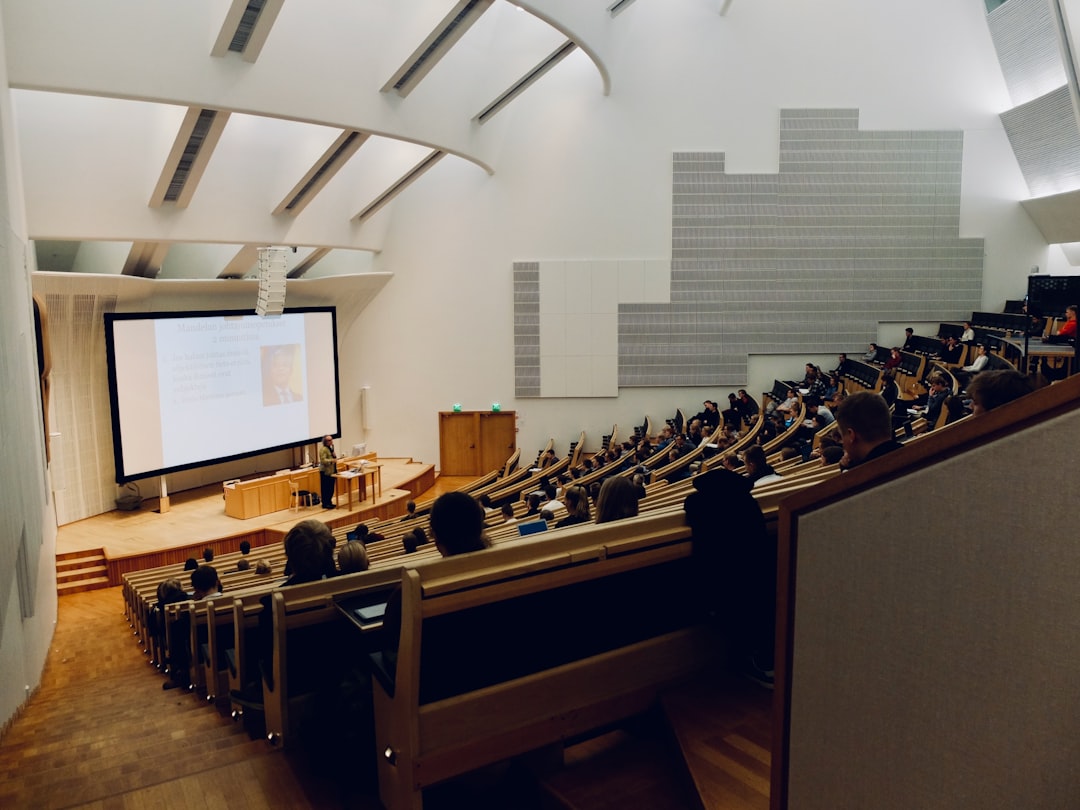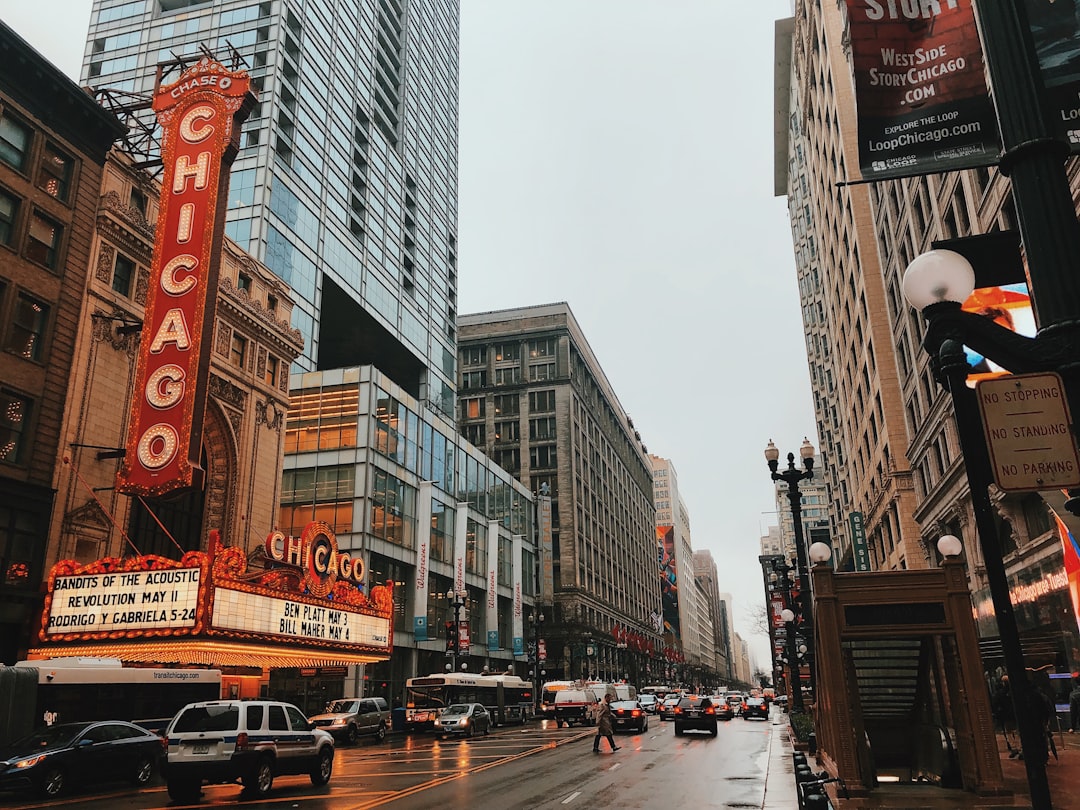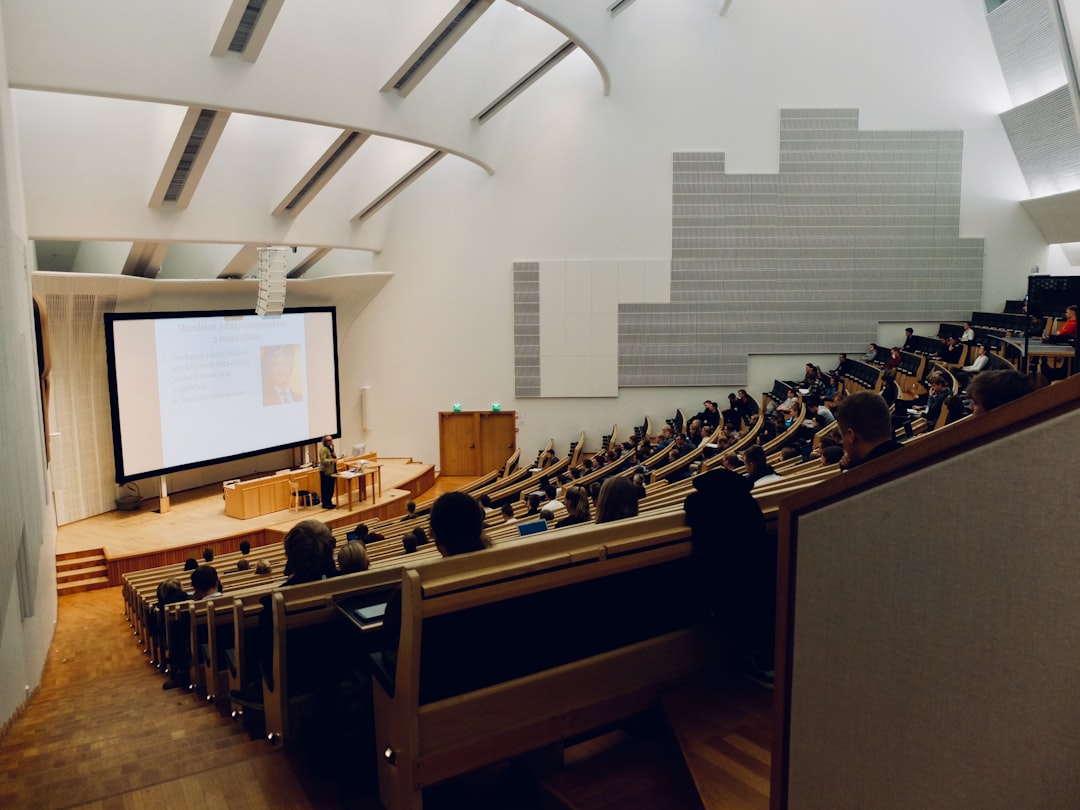Victims of hazing and sexual assault in Illinois benefit from specific legal protections. Civil lawsuits for hazing have a 10-year window, while sexual assault cases are covered by a 3-year statute of limitations, extending to 20 years for minors or late-realized victims. A specialized hazing abuse attorney Illinois is crucial for navigating these timelines and securing justice through tailored legal support. For hazing-related sexual assault, prosecutors must prove non-consensual acts during ritualistic initiation processes. Victims can connect with legal experts to receive guidance, advocate for their rights, and build strong cases against perpetrators.
In Illinois, addressing hazing and sexual assault is a critical matter with distinct legal considerations. This article guides victims and concerned individuals through the complex landscape of Illinois law regarding hazing and sexual assault cases. We explore essential aspects like the statute of limitations for filing claims, key elements required to prove hazing-related sexual assault, and the available legal recourses. Additionally, we emphasize the pivotal role a specialized hazing abuse attorney in Illinois plays in navigating these challenges and advocating for justice.
Understanding Illinois Law on Hazing and Sexual Assault

In Illinois, hazing and sexual assault are taken extremely seriously, with specific laws in place to protect individuals from such abusive acts. Understanding the statute of limitations for these crimes is crucial. For hazing-related offenses, victims have up to 10 years from the date the incident occurred to file a civil lawsuit against the perpetrators or organizations involved. This extended timeline allows survivors to seek justice and hold accountable those responsible for hazing abuse in Illinois.
When it comes to sexual assault, the law provides a three-year statute of limitations for filing criminal charges. However, there are exceptions, such as when the victim was under 18 years old during the assault, extending the timeframe up to 20 years from the date the crime was discovered or when the victim gains the maturity and awareness to understand the nature of the abuse. This flexibility in Illinois law ensures that victims of sexual assault have a fair chance to come forward and pursue legal action against their assailants. A hazing abuse attorney in Illinois can provide invaluable guidance for survivors navigating these complex legal matters.
What is the Statute of Limitations for Filing a Claim?

In Illinois, the Statute of Limitations for filing a claim related to hazing abuse and sexual assault is crucial information for victims seeking justice. For civil cases involving personal injuries caused by hazing or sexual misconduct, individuals have a limited time frame to take legal action. Typically, the statute allows for a filing period of two years from the date the harm was discovered or should have been reasonably discovered. This means that victims or their legal representatives must act promptly to preserve their rights.
If you’ve experienced hazing abuse or sexual assault in Illinois and are considering legal options, it’s essential to consult with an experienced hazing abuse attorney. They can provide guidance tailored to your specific situation, ensuring you understand the time constraints and potential legal pathways available.
Key Elements Required to Prove Hazing-Related Sexual Assault

To prove hazing-related sexual assault in Illinois, several key elements must be established. Firstly, it’s crucial to demonstrate that a victim was subjected to an act of sexual penetration or sexual contact as defined by state law. This could include acts such as sexual intercourse, oral sex, or any other form of indecent exposure. The act must have been committed against the victim’s will or without their consent, highlighting the key distinction between consensual interactions and hazing-related assault.
Additionally, prosecution must show that the incident occurred within a hazing context. This involves proving that the action was part of an initiation or membership ritual for a group, organization, or team—commonly known as a “hazing event.” A hazing abuse attorney in Illinois would argue that these rituals often involve non-consensual acts designed to humiliate, degrade, or harm new members, and this is what distinguishes them from ordinary criminal assaults. Evidence of repeated or systematic hazing behavior can strengthen the case against the perpetrators.
Legal Recourses Available for Victims in Illinois

In Illinois, victims of hazing and sexual assault have legal recourse. If you or someone you know has experienced hazing abuse, it’s crucial to seek help from a qualified hazing abuse attorney in Illinois. The state has specific laws in place to protect individuals from such acts, and understanding these laws can be empowering.
There is no statute of limitations for reporting sexual assault in Illinois, allowing victims to come forward at any time. Additionally, there are civil lawsuits that can be filed against perpetrators and organizations responsible for hazing incidents. Legal experts specializing in hazing abuse cases can guide victims through the process, ensuring they receive the justice and compensation they deserve.
The Role of an Experienced Hazing Abuse Attorney in Illinois

In cases involving hazing and sexual assault, seeking legal counsel from an experienced hazing abuse attorney in Illinois is paramount. These professionals possess a deep understanding of state laws and regulations pertaining to hazing incidents, including the specific statute of limitations for filing charges. Given the complex nature of these cases, which often involve sensitive and traumatic experiences, a skilled lawyer can provide crucial support. They guide clients through legal processes, ensuring their rights are protected while navigating the emotional challenges that come with such incidents.
An Illinois hazing abuse attorney plays a vital role in advocating for victims, helping them understand their legal options, and taking appropriate action within the prescribed time frame. Their expertise enables them to build strong cases, often working closely with law enforcement to gather evidence, interview witnesses, and secure justice for those affected by hazing or sexual assault. This specialized legal assistance can make a significant difference in ensuring accountability and delivering closure.






